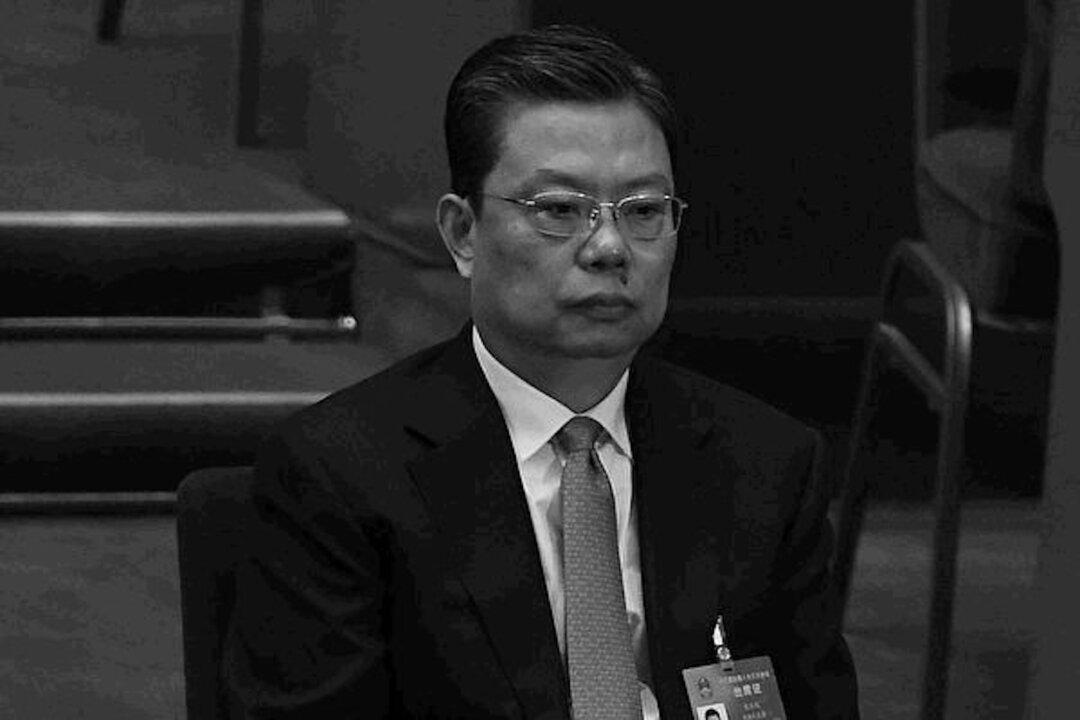Commentary
Chinese officials held a symposium on Sept. 9 to commemorate Yang Baibing (1920–2013), the commander-in-chief of China’s People’s Liberation Army (PLA) who led the bloody suppression of the 1989 Tiananmen Square student demonstration.

Chinese officials held a symposium on Sept. 9 to commemorate Yang Baibing (1920–2013), the commander-in-chief of China’s People’s Liberation Army (PLA) who led the bloody suppression of the 1989 Tiananmen Square student demonstration.